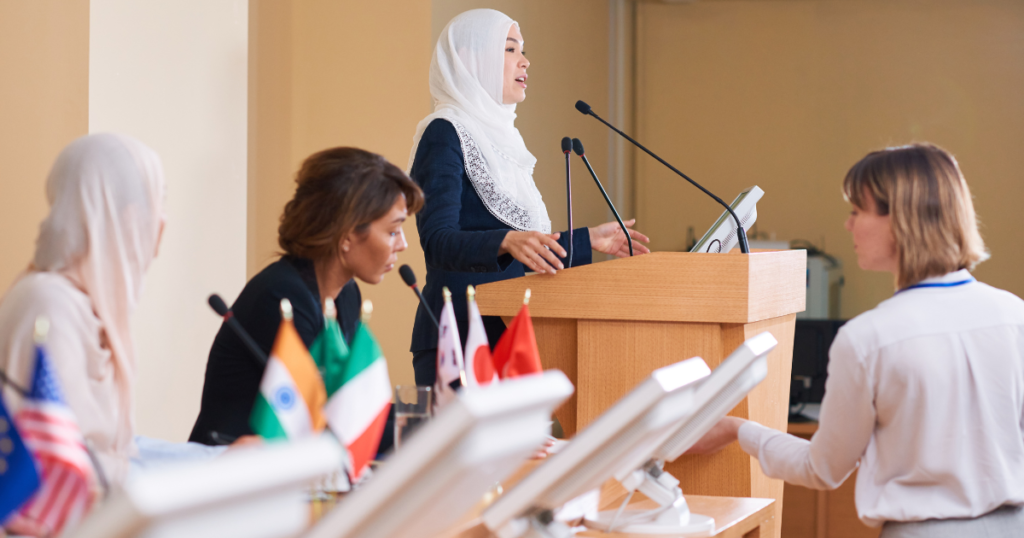How to Learn About Politics:Politics is a topic that impacts every factor of our lives. From creating rules affecting our fitness care, schooling, and environment to determining the leaders representing us, know-how politics is critical. This complete manual will explore how to learn about politics and provide precious assets to help you in your adventure.
Why Should You Learn About Politics?
Before diving into the “how,” allow’s, in brief, speak the “why.” Understanding politics is vital for numerous reasons
Informed Decision-Making
A strong draw near of politics allows you to make knowledgeable alternatives even as vote casting for leaders and regulations that align with your values and beliefs.
Civic Engagement
Politics is the cornerstone of civic engagement. Being politically aware empowers you to actively participate in your network, advise for alternatives, and hold leaders responsible.
Critical Thinking
Learning about politics enhances your vital questioning abilities as you evaluate facts, examine rules, and determine their impact on society.
Global Perspective
Politics extends beyond national borders. Understanding international politics helps you comprehend global events and their implications.
Where to Start
Now that you understand why learning about politics is essential let’s explore how to begin your journey:
Read Introductory Books
Start with amateur-pleasant books introducing you to politics basics. Look for titles like “Politics for Dummies” or “An Introduction to Political Science.”
Online Courses
Enroll in online guides or watch educational YouTube channels that specify political standards and cutting-edge events. Websites like Coursera, edX, and Khan Academy offer loose and paid guides on politics.
Follow News Sources
Keep up with current events by following reputable news sources. Understanding current political issues is crucial in gaining real-world context.
Building a Strong Foundation
Now that you’ve taken the initial steps, it is time to assemble a strong foundation:
Study Political Science: Consider taking formal publications in political and technological know-how at a nearby college or university. These guides delve into the intricacies of political systems, theories, and practices.
Read Political Literature
Explore classic and cutting-edge political texts. Works via thinkers like Plato, Machiavelli, and John Locke offer precious insights into political philosophy.
Engage in Discussions
Join political discussion businesses, boards, or clubs, online and offline. Conversations with others allow you to check your expertise and gain extraordinary views.
Staying Informed
To continue your political education and stay informed:
Follow Current Affairs: Read newspapers, watch news programs, and subscribe to online information systems to stay updated on political tendencies.
Use Social Media
Follow political figures, agencies, and specialists on social media structures. Twitter, for instance, can be a precious source for real-time political updates.
Listen to Podcasts
Political podcasts offer in-intensity analysis and discussions on various topics. Find podcasts that align together with your interests and concentrate frequently.
Getting Involved
Learning about politics becomes more meaningful when you actively participate:
Hands-on experience can deepen your information of the ways politics works.
Attend Public Meetings
Attend town council meetings, city corridor periods, and public hearings to witness politics in action on the neighborhood level.
Advocate for Causes
Identify motives or issues you’re passionate about and suggest for them. Write letters to your representatives, attend rallies, and join advocacy agencies.

FAQs
Q1: Can I learn about politics without proper political and technological know-how training?
A1: Absolutely! While formal schooling may be helpful, there are masses of available assets and self-observation options for all of us curious about politics.
Q2: How can I stay politically independent while gaining knowledge of approximately politics?
A2: To keep objectivity, eat records from more than one source, question your own biases, and engage in civil discussions with individuals who hold extraordinary viewpoints.
Q3: What’s the satisfactory way to recognize global politics?
A3: Learning about international politics involves studying global events, international relations theories, and the history of international conflicts. Online courses and books specific to international politics can help.
Q4: To understand it, is it necessary to be actively involved in politics?
A4: Active involvement is not mandatory, but it can deepen your understanding and make the learning process more meaningful.

Conclusion
Learning about politics is an ongoing journey that requires dedication. It is a crucial try that equips you with the knowledge to actively participate in your community, make informed decisions, and contribute to positive change. Start with the basics, build a solid basis, stay knowledgeable, and get concerned. By doing so, you’ll not only learn about politics but also become an engaged and empowered citizen.










